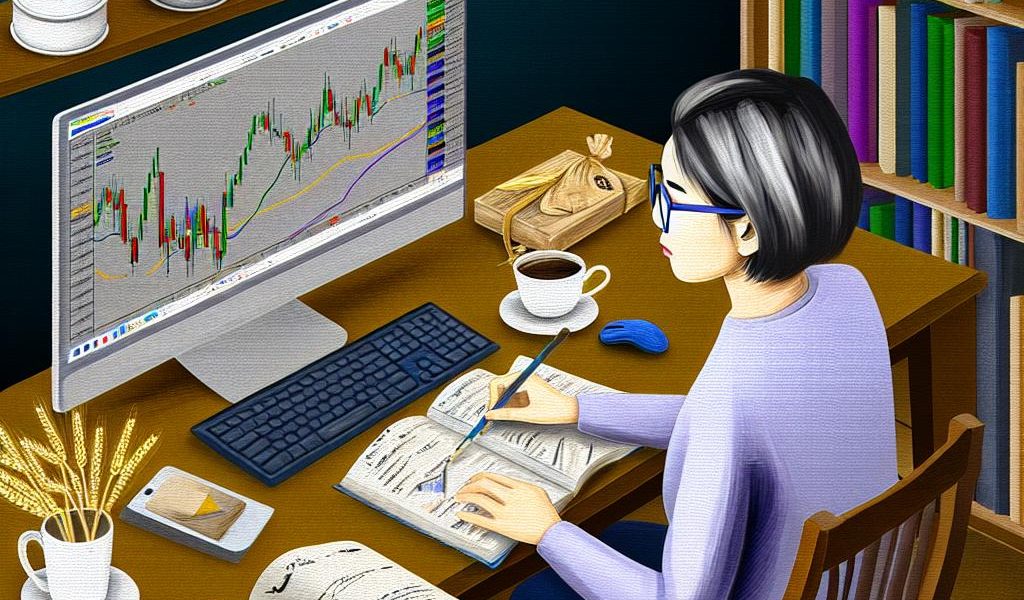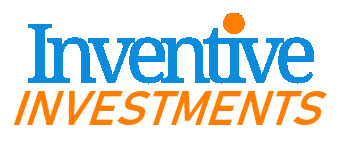
How to start trading on the commodity market?
admin - April 1, 2025Understanding the Commodity Market
Before diving into the world of commodity trading, it is crucial to comprehend what the commodity market entails. Commodities are basic goods utilized in commerce that can be interchanged with other goods of the same type. Common examples include oil, gold, wheat, and coffee. The commodity market is primarily driven by supply and demand. Prices are often susceptible to geopolitical events, weather patterns, and technological shifts.
One might wonder why invest in commodities? Unlike stocks, commodities can offer diversification in an investment portfolio. Since they often react differently to economic events compared to other financial assets, commodities can serve as a hedge against inflation or economic uncertainty. With that in mind, it becomes essential to understand various aspects of the commodity market to make informed decisions.
Types of Commodities
Commodities are generally classified into two main categories: hard commodities and soft commodities. Hard commodities are natural resources that need to be mined or extracted. Examples include gold, oil, and rubber, which are relatively durable compared to soft commodities. Soft commodities, on the other hand, refer to agricultural goods or livestock. These include goods like sugar, wheat, and cattle. Understanding the fundamental differences between these types of commodities is important as each category reacts differently to market forces.
Some commodities show price volatility due to seasonal patterns. For example, agricultural products like wheat may fluctuate with harvest cycles or adverse weather events. In contrast, hard commodities like gold may be influenced more by investor sentiment and economic stability. Every type of commodity comes with its unique risks and potential for profit, making it crucial to delve deeply into each market segment.
Choosing a Trading Platform
Selecting a reputable trading platform is pivotal to starting your venture into commodity trading. Many online brokerages enable individuals to trade commodities, each offering different features and benefits. Considerations when choosing a broker should include fees, security, user interface, and available range of commodities. Look for platforms that offer educational resources and current market analyses, as these tools can significantly aid your trading decisions.
In addition, verifying whether the platform is regulated by proper financial authorities ensures that your investments and data will be handled securely. A well-regulated platform typically ensures fair trading practices and protects traders against fraudulent activities. Before committing, it might be worthwhile to explore demo accounts offered by many platforms. These allow you to practice without financial risk, providing an insightful glimpse into real-world trading conditions.
Opening a Trading Account
Once a trading platform is selected, the next step involves opening a trading account. Generally, this entails filling out an application form and verifying your identity, akin to opening a bank account. Pay close attention to the terms and conditions, as trading accounts often come with specific requirements concerning deposits and withdrawals.
Understanding these terms can aid in preventing unforeseen inconveniences, such as unexpected fees or withdrawal restrictions. Moreover, ensure that your account setup aligns with your financial capacity and trading goals. Some brokerage platforms offer different account types catering to novice, intermediate, and advanced traders, each with tailored features and conditions.
Understanding Futures Contracts
One common method of trading in the commodity market is through futures contracts. These are standardized legal agreements that obligate the sale or purchase of a particular commodity at a predetermined price at a specified time in the future. While futures contracts can be lucrative, they also entail significant risks. It is vital to fully understand the terms and potential implications before engaging in futures trading.
Futures trading often involves speculation on the future price of commodities, enabling traders to leverage price movements for potential gains. However, this leverage also magnifies potential losses. Therefore, risk assessment and management become paramount when dealing with futures contracts. Because futures trading is complex, many platforms offer educational materials to help traders grasp the nuances involved.
Developing a Trading Strategy
For success in commodity trading, developing a coherent trading strategy is critical. Such a strategy should take into account market trends, personal financial goals, and risk tolerance. Successful traders often employ a combination of technical and fundamental analysis. Technical analysis involves studying price charts, patterns, and historical trends, while fundamental analysis considers underlying economic factors like interest rates, inflation, and economic indicators.
A well-thought-out strategy not only provides a roadmap for trading activities but also assists in maintaining discipline. Regular evaluation and adjustment of your strategy can help you adapt to market changes, allowing for improved trading outcomes over time. To gain deeper insights and enhance your strategic approach to the commodity market, consider accessing [additional resources for commodity trading beginners](Commodity Trading for Beginners).
Risk Management
Trading commodities is inherently volatile, making proper risk management an essential component of any trading strategy. Efficient risks can be mitigated by implementing methods like setting stop-loss orders, maintaining a diversified trading portfolio, and refraining from investing more than you can afford to lose. Utilizing educational resources and staying informed about current market trends can also be a crucial part of effective risk management.
Stop-loss orders help limit losses by automatically selling a commodity when its price falls below a predetermined level. Diversification, meanwhile, reduces risk by spreading your investments across multiple commodities. Staying informed through reliable market analyses equips you with the knowledge to make timely and informed decisions, further bolstering your risk management strategy.
Continuous Learning and Adaptation
The commodity market is dynamic and continuously evolving. Staying educated about market developments is important for any trader wishing to remain competitive. It is advisable to subscribe to financial news services, attend relevant webinars, and join commodity trading groups to exchange insights and gain fresh perspectives. Continuously refining your strategies and adapting to market changes can help maintain resilience and improve trading outcomes.
With the commodity market’s complexity and rapid pace of change, ongoing education and adaptation can vastly enhance your proficiency as a trader. Investing in your education allows you to navigate the market’s nuances more effectively and can pave the way for more consistent success in your trading endeavors.
This article was last updated on: April 1, 2025
